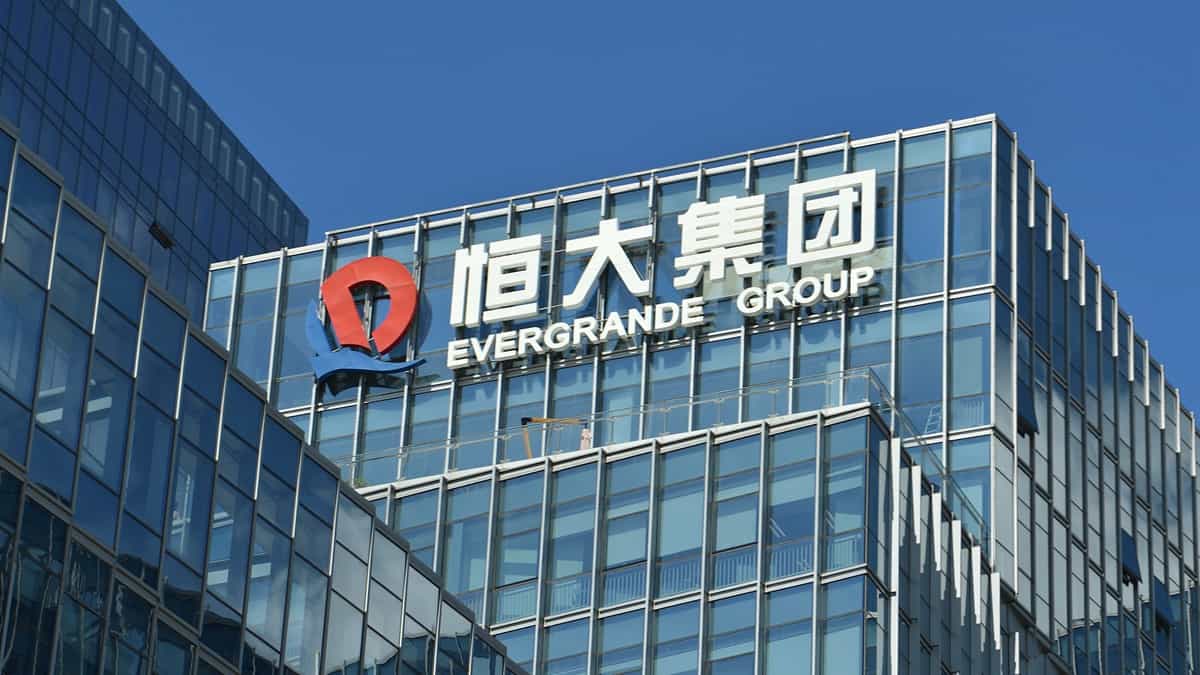Evergrande’s debt crisis will slow down China’s economic growth, but will likely have minimal spillover on the country’s financial system, according to a former advisor to China’s central bank.
Evergrande is the world’s most indebted property developer with total liabilities of around $300 billion. The company has been struggling to pay its suppliers and warned investors it could default on its debts, with one key payment due as soon as this week.
“The impact is on the real economy because with the default of Evergrande, there’ll be [a] slowdown in developments of many projects,” Li Daokui, formerly an advisor to the People’s Bank of China, told CNBC “Squawk Box Asia” on Wednesday.
“So the real property market will have an impact on the GDP growth rate for the coming year because of slower finance for the whole sector,” said Li, now a professor at Tsinghua University’s School of Economics and Management.
He added that a default by Evergrande will have minimal effect on the Chinese financial system because there aren’t derivative instruments built on the company’s debt.
Derivatives are complex financial securities that derive value from an underlying asset, such as stocks and bonds. Traders use derivatives for various purposes including hedging a position and speculating on the underlying asset.
“I think it’s a bit too early to predict what’s the net impact [of the crisis]. I would say right now, by my rough calculation, 1 basis point on GDP growth … if the thing is under control from now,” said Li.
The Asian Development Bank said Wednesday that it has maintained its growth forecasts for China at 8.1% for 2021 and 5.5% for 2022. That would be an improvement from the 2.3% expansion last year, when China became the only major economy to grow while most global economies were hit hard by the Covid-19 pandemic.
Evergrande is due to pay interest on a bond worth $83 million on Thursday the first test of the company’s debt crisis. Many analysts and market watchers expect Evergrande to miss the payment.
Will Evergrande be dissolved?
Defaults by Evergrande will likely slow down the progress of development projects around China, which will hit local economies in mainland China, said Li.
That could prompt local and provincial governments to step in with their own money to keep those projects going, the economist said.
Li also said he expects China’s central bank to add liquidity in targeted sectors to make sure the spillover from an Evergrande default “will not travel too far too quickly.”
Li predicted that in the medium- to long-term, the embattled company will likely be “dissolved” into four main groups: property development, finance, electric vehicles, and other commercial ventures.
“Each of these four sub-parts of Evergrande will be sold to individual companies or even to some local governments,” said Li. “The Evergrande as we understand may not exist.”

